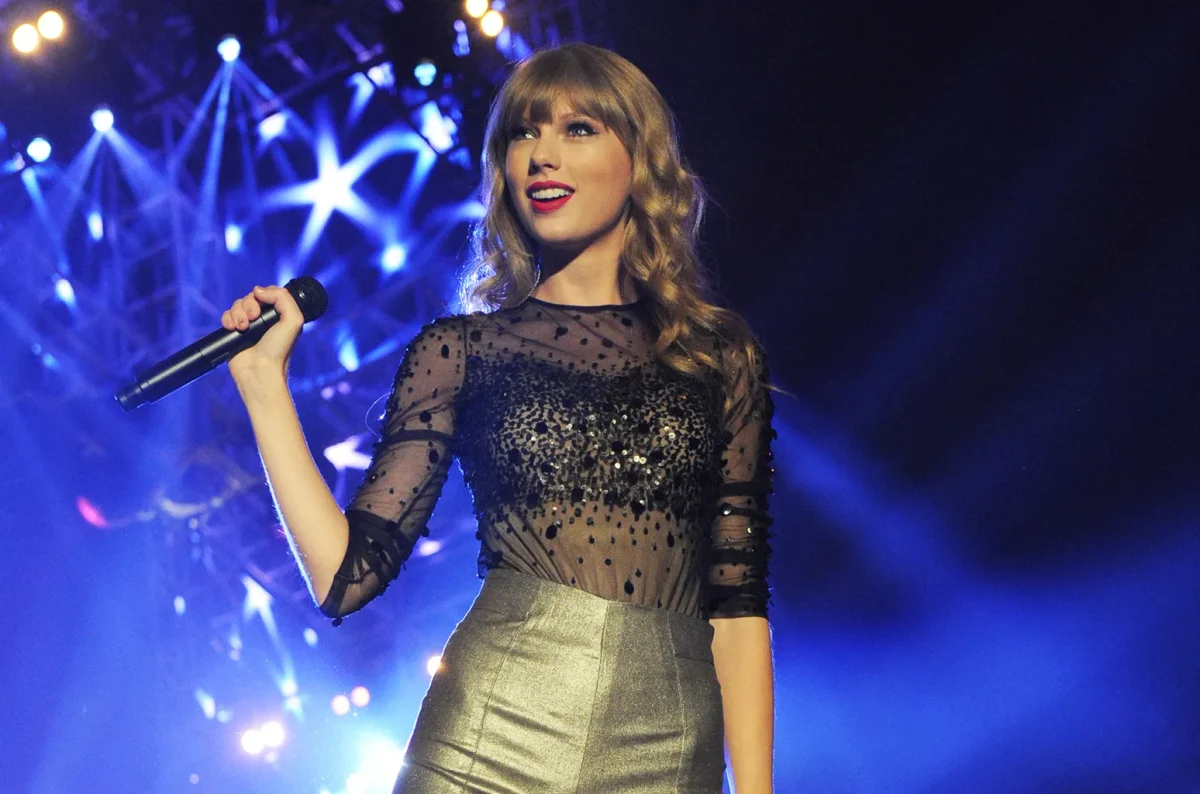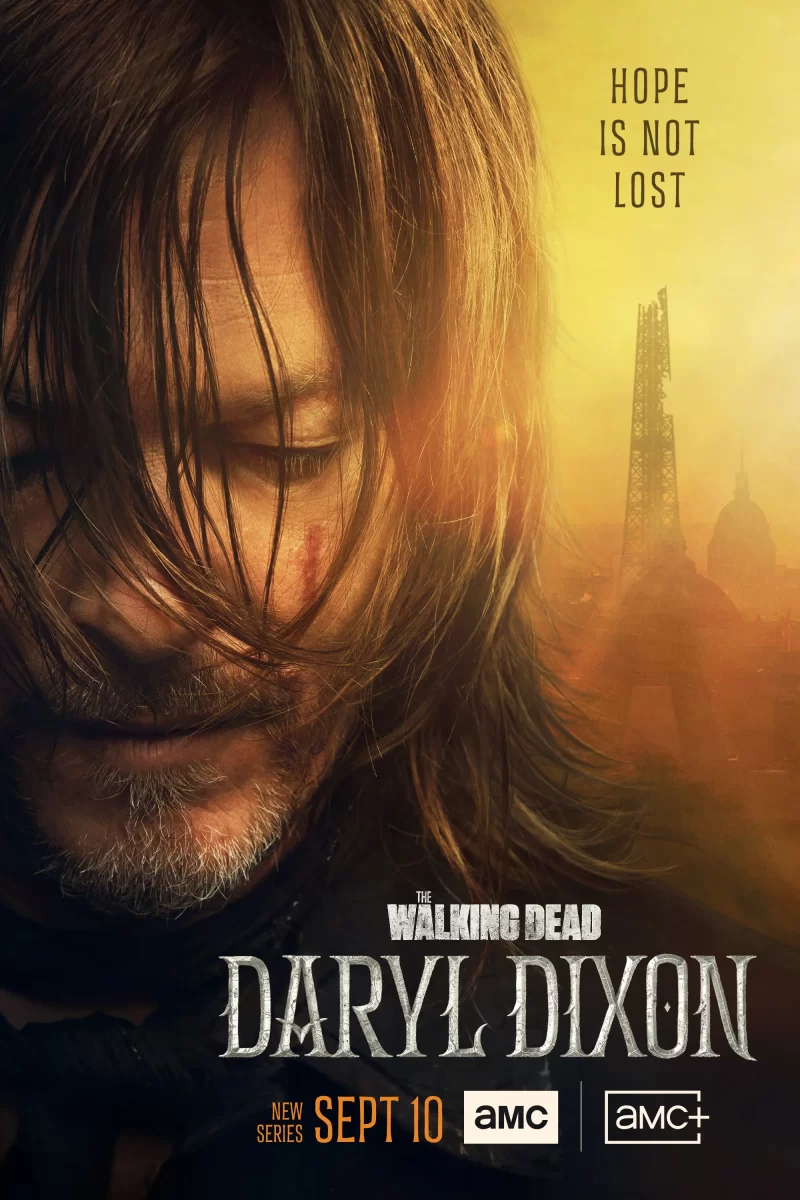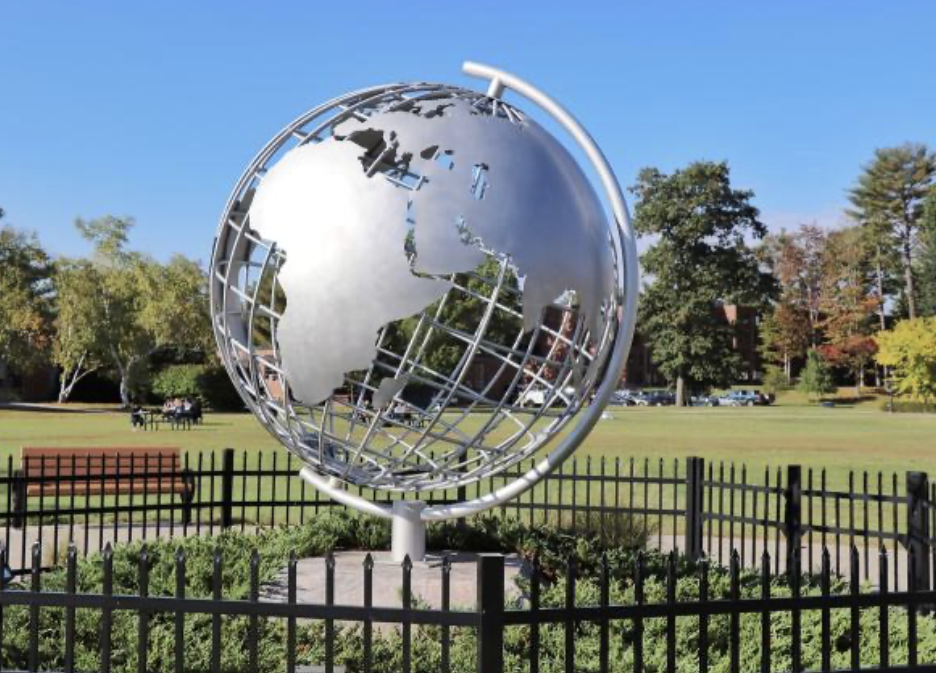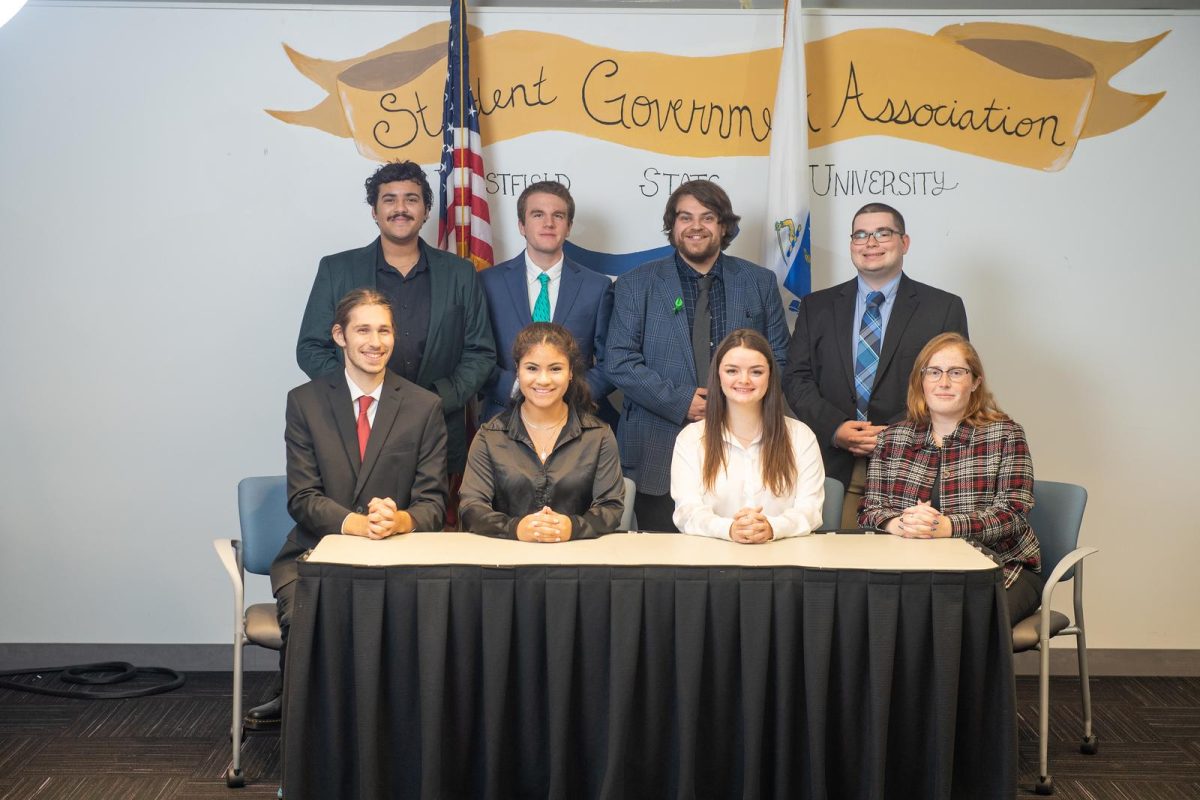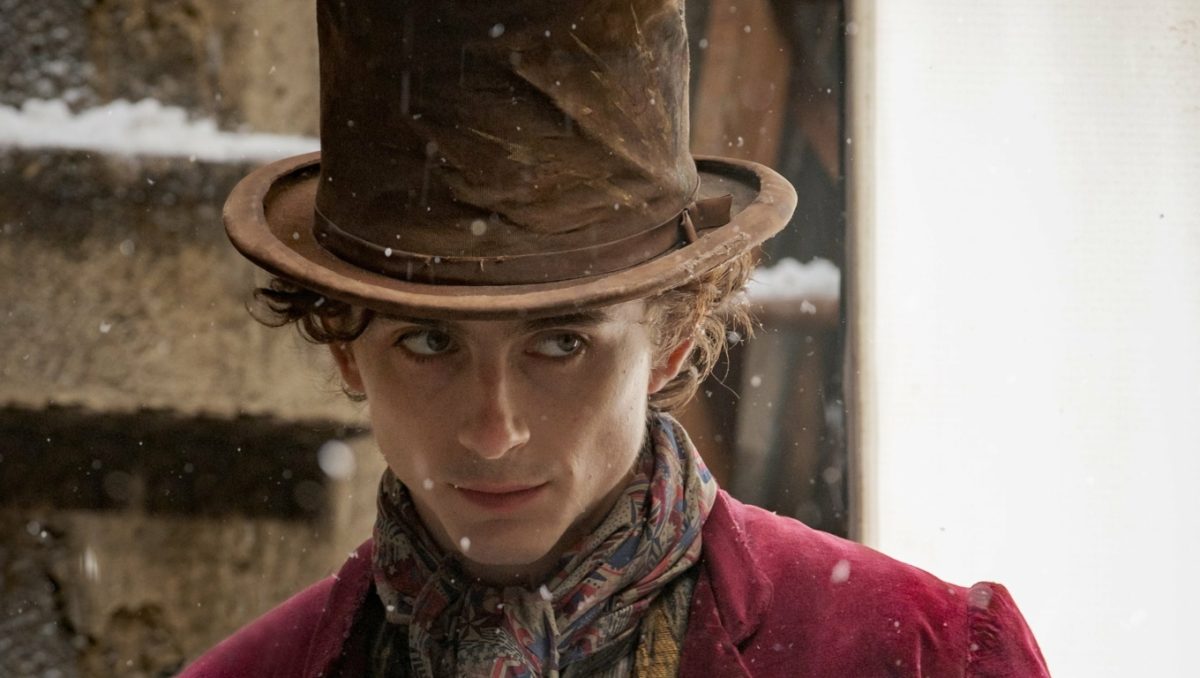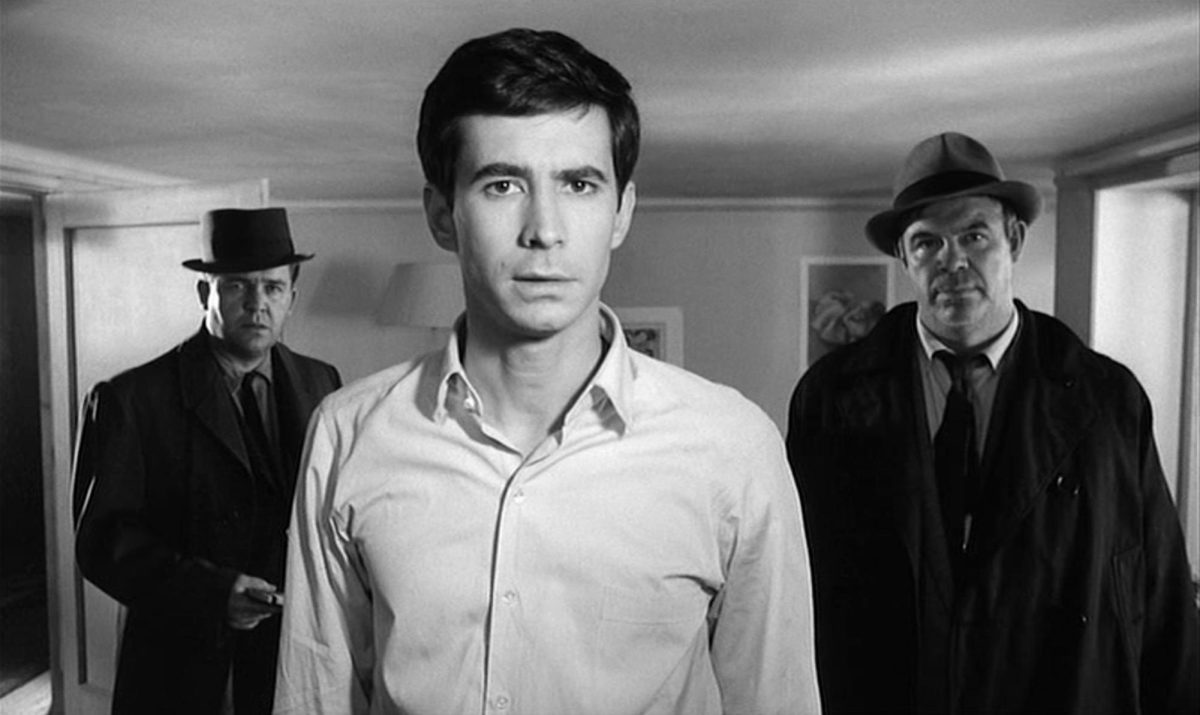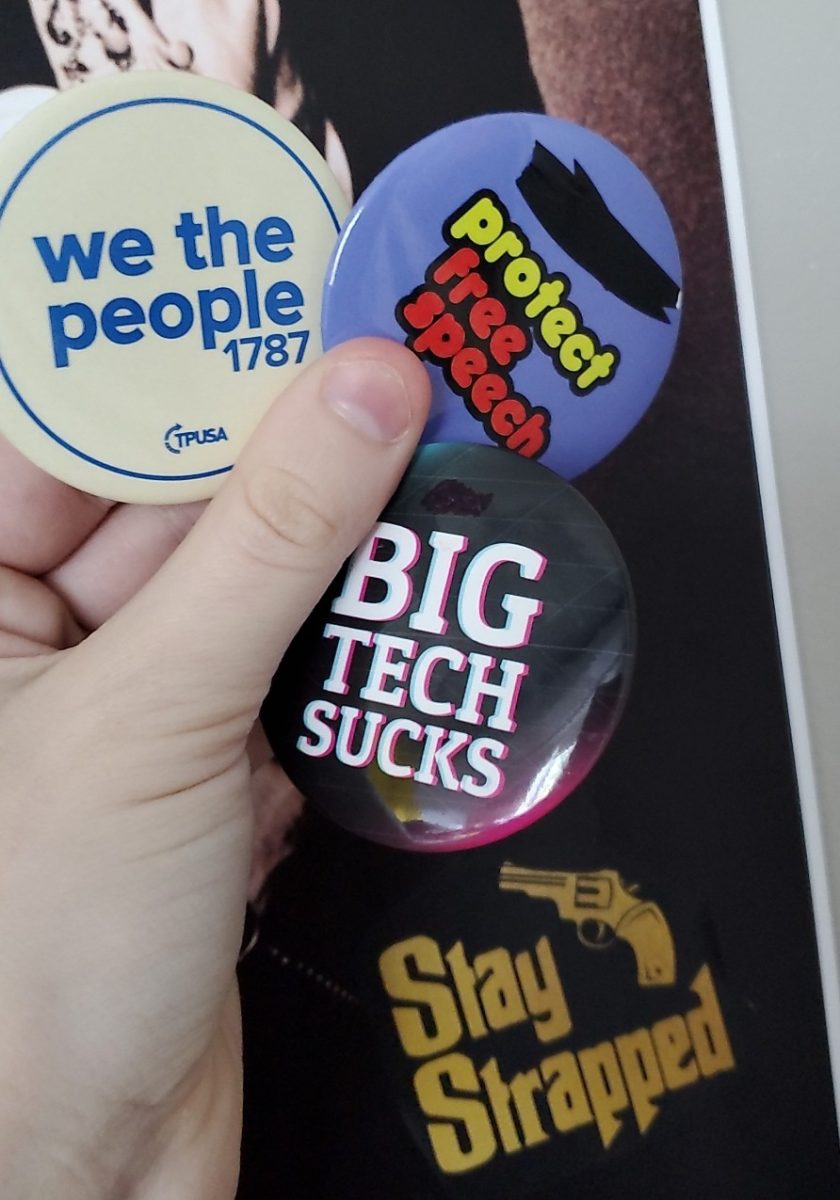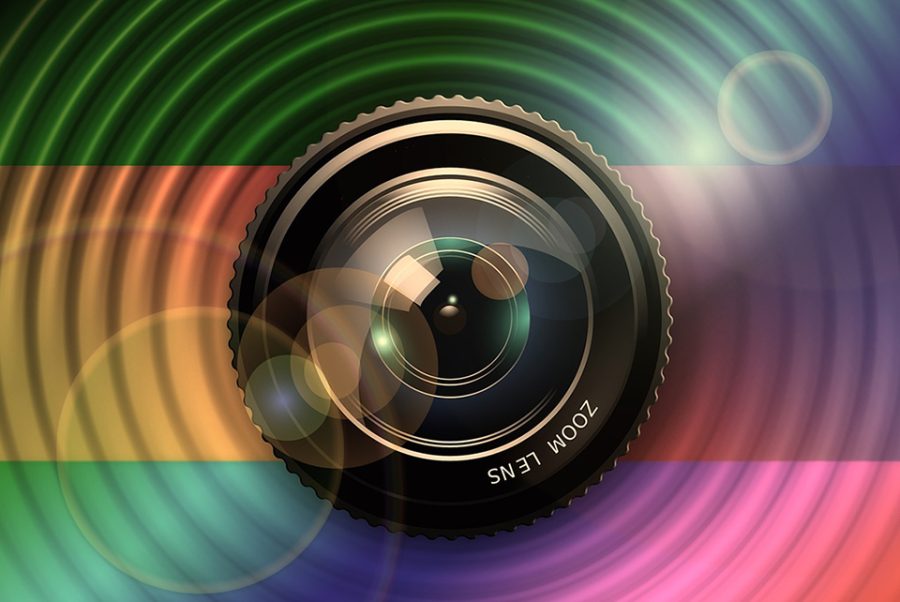“To hear her say the things she just did, makes me think back to the last time that someone looked at me like that and said those things to me. The last time that happened was with my wife of 43 years. And when I lost Toni, and I thought the world ended, I never thought I would see it again. And yet I am. I’m seeing it and feeling it,” says Gerry Turner, a 72 year-old retired restaurateur and the star of The Golden Bachelor, of his potential partner.
The Golden Bachelor, the first primetime dating show for seniors, premiered on ABC on September 28th, 2023 to a wide range of viewers, from complete newbies to devoted fans of the Bachelor franchise (The Bachelor, The Bachelorette, Bachelor in Paradise). Some Internet fans found it moving, while some critics denounced it as “more of the same” in terms of dating shows, but let’s look closer at what is different and what has changed since they tossed a grandfather into the dating pool.
The Bachelor franchise has long been a perpetuator of heteronormative stereotypes. As a whole, The Golden Bachelor contains its fair share of traditionally romantic dates, from hot air balloons to 50’s-inspired diners. However, the show plays on a more fun side by incorporating playful, unique bonding activities like a pickleball tournament in color-coded outfits and a romance novel-inspired photoshoot. Additionally, the show attempts to recreate the magic of youth for these lovestruck seniors through ATV rides and playing “Never Have I Ever” while eating ice cream.
The Bachelor franchise also has a tendency to create inarguable caricatures of contestants for both Internet clout and increased viewership. The Golden Bachelor, too, has moments where some contestants are framed as clear “villains” or “heroes” based on out-of-context quotes taken from the high-pressure environment of constant filming, drinking, exposure to fellow contestants, and sitting in a mansion with nothing to do but wait for the Bachelor to arrive (a very male-centric and unhealthy choice, might I add).
In doing so, the show quashes lasting bonds for the sake of drama and TV-ready cattiness by eliminating important factors in relationship development. For starters, when the only people these women have to debrief about their romantic journey to is fellow competitors, it sets them up for failure in creating friendships or bonding with the Bachelor.
However, the hour runtime of The Golden Bachelor works to its advantage by featuring more wholesome, meaningful moments rather than producer-fueled tactics designed to intentionally play on fears and insecurities for the sake of “entertaining” content. The age of the contestants is also an asset because the women generally have more life experience and emotional depth than the twenty-somethings we’re used to seeing on shows like this.
Many of the women have found the “love of their life” before, so the stakes to get married and reproduce may be lower than that of a thirty year-old. Overall, there is more open, honest communication as opposed to the vapid, physically-driven, adolescent comments, avoidance of conflict, and saying everything but the bottom line. As a result, there is also more genuine, human connection rather than the kitschy, underdeveloped, and lust-driven flings of previous Bachelor franchise seasons.
The Golden Bachelor, however, is not immune to the lack of racial and ethnic diversity and the prevalence of cultural insensitivity, especially when it comes to the long-held bias against Asian contestants and stars. Not to mention the failings to purposefully champion LGBTQ+ contestants and stars. However, The Golden Bachelor does come with a new kind of representation on-screen: disability and the struggles that come with aging. Hearing aids, knee replacements, stress fractures caused by brittle bones, changing bladders, and more are freely admitted and respected, not treated as a fault in character, something to be ashamed of, or as a joke.
This is not without some pulling of the curtain; all of the women and Gerry are able to walk, have a full head of hair, are free of excessive wrinkles, and are conventionally attractive, so there is still very much a prejudice against the “uglier” or less photogenic, less convenient aspects of aging.
On the topic of aging, The Golden Bachelor also highlights some issues that may affect the older generations. Especially in America, seniors are a forgotten demographic, with worse healthcare, limited access to finances, a higher level of disrespect, and the phenomenon of being considered “less” – less physically and mentally capable.
As many of the women and Gerry express on the show, there is also a loneliness associated with seniors as they lose friends, siblings, spouses, and partners. Not to mention the loss that comes with being unable to do certain activities because their physical and mental abilities are different. These changes are treated with respect and openness, and bring a more genuine feel to the show’s atmosphere.
There are also a fair bit of comedic moments in The Golden Bachelor that retain the show’s relatability and youth. For instance, watching the simple comedy of two old folks grappling with working a FaceTime call or fighting to claim the bottom bunk due to bladder issues certainly adds to the viewing experience, along with a contestant performing a sage cleansing of the Bachelor Mansion and another delivering a passionate demand for chairs during the Rose Ceremonies. These small moments contribute to the light-hearted, sentimental sweetness that surrounds the show.
The Golden Bachelor also continues the tradition of past stars visiting, including Joey G. from Season 28 of The Bachelorette (and the next Bachelor). And we certainly can’t forget the blank, generic feel of the stock photo that is the host, Jesse Palmer – although he definitely seems more at home with the senior women, considering he’s closer in age with them than the twenty-somethings of the original franchises. The show may lose a bit of dignity when the allonormative, performative, and dubiously-consented concept of the Fantasy Suites is approached, but we’ll have to wait and see.
For now, The Golden Bachelor aims to give seniors more than a partner; it gives them hope – hope to feel beautiful again, to feel young again, to feel wanted and valued and connected and loved. Despite all its misgivings, for me, that makes it a success.



